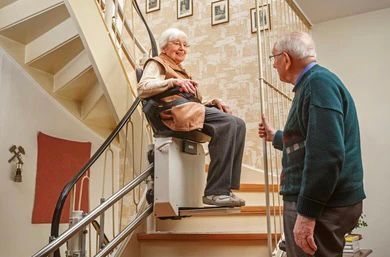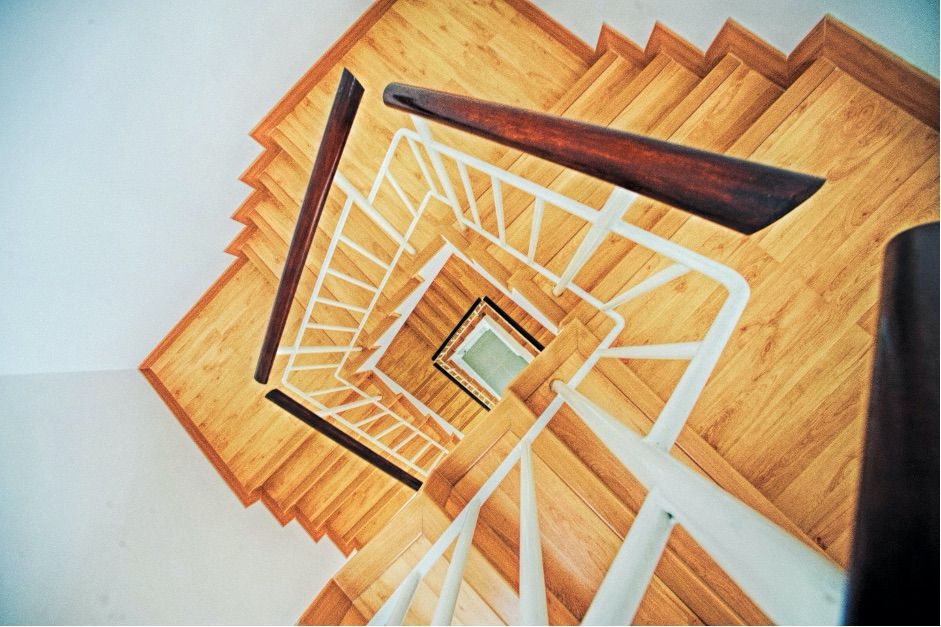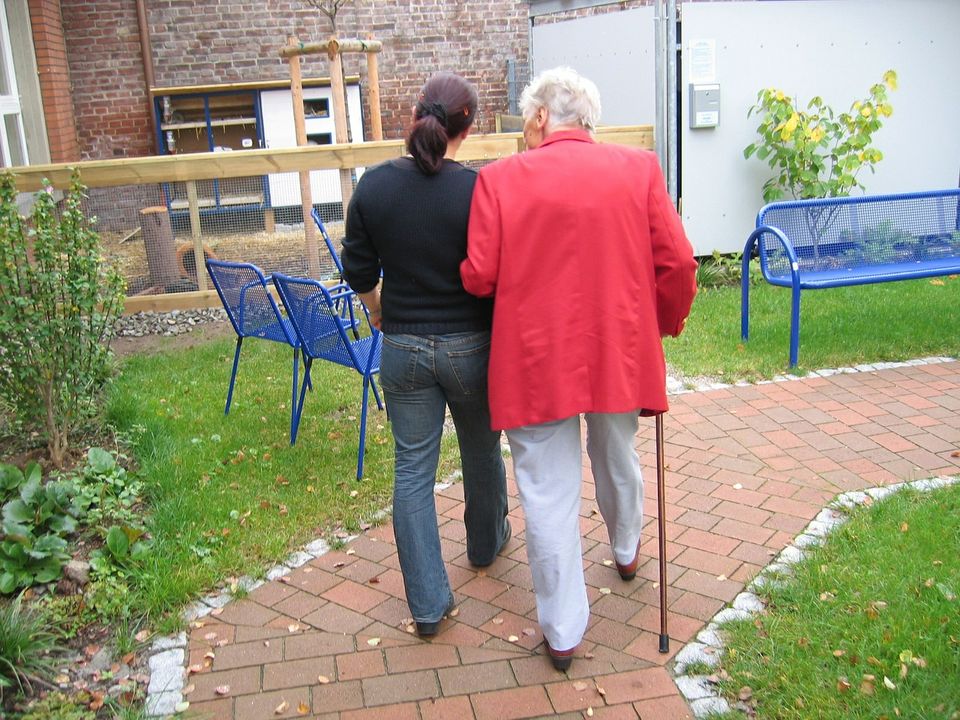Care at home versus care in a care home

It's sometimes difficult to choose what’s best for you when it clashes with what you want and we all realise this as we grow from children to teenagers to adults to elders. When faced with a health problem in which you need people to look after you (or the person you love), you may have to ask yourself whether a care home is best suited to the needs of the person needing care, or whether at-home care (domiciliary care) is the right option. We compare the two options below to help you in your decision-making process.
Although they both may sound similar, at-home care and living in a care home are two separate ways in which a person who needs care can be looked after. “Home care” is when a person is looked after by someone - either a family member, a friend, or by a personal care assistant - in their own home, and “a care home” is a place - which includes residential homes and nursing homes - that the person who needs care moves into, either temporarily or permanently.
The advantages and disadvantages of choosing a care home:
Advantages:
- 24/7 Care: Care homes always have people on-hand around-the-clock, who are trained to care for their residents. The staff can also include a medically-trained member who are available 24/7 too.
- A Room To Themselves: The person who needs care will have a room to themselves, which can be transformed into something resembling home to them. This can include placing their own furniture, pictures, and ornaments into the room.
- Socialising: Within a care home, there are many residents and so the person who needs care can interact and socialise with their fellow residents, creating friendships.
- Less Responsibility: The care staff in care homes will look after the person who needs care, from personal duties such as washing and changing clothes, to making sure that medication is taken on time. There are also no worries about maintenance, so no household bills, no adjustments needed, no need to make sure they have food in, and no household chores such as cleaning.
- Activities: Most care homes provide activities and trips, allowing the residents to do things together such as gardening, baking, painting, playing games, going out on a day trip, etc.
Disadvantages:
- Reputation: Care homes as a whole do not have the best reputation. The key reason for this is due to the amount of residents in comparison to the amount of care staff, they have a lot of people to be responsible for.
- Expense: Care homes can be expensive depending on which one you choose. It is especially costly if the person who needs care has to fund their own care. If relying on the local authority, the person who needs care, needs to be assessed as needing to be in a care home.
- Strict rules: Many have strict rules which are there to protect the most vulnerable but this can cause problems for the people who want more freedom, such as some care homes not allowing couples to live in the same room. They will also have set times for things, such as when to wake up, when to eat, when to drink, when to bathe, losing their independence and ability to make these choices for themselves.
- Atmosphere: Residents do have their own room, but it’s only one room which they can call theirs. It is difficult to move all their personal belongings into that one room, this can cause unfamiliarity within the person as they aren’t sure of their surroundings. They can also experience loneliness as they may lose contact with friends and neighbours, and even family members. This can lead to the family feeling guilty for moving them into a care home.
- Choices: Options can be limited to which care homes are local, making it difficult to decide which one is best. All care homes vary in the care they administer, as all care homes have a minimum standard they have to achieve but the quality in the care itself may differ and so make sure you do a lot of research on the care homes you are considering.
The advantages and disadvantages of home care:
Advantages:
- Stability: Staying in one’s own home allows them to feel stable as they are able to maintain contact with family members and friends, as well as their local community. They are surrounded by what they know and love. This also helps couples, families, and any pets, to stay together or near one another so that they can be a constant in one another’s lives.
- Familiarity: Being within an atmosphere that they have called home for however long they have lived in their place, enables them to feel comfortable as they are familiar with their surroundings. This also can reduce any stress they are feeling, making things easier for them.
- Independent: Feeling independent is one important factor for those who need care, and being able to stay in one’s home allows them to feel just that. Help will be needed from time to time, of course, and so they’ll only feel a degree of independence, but they’ll have choices such as when they want to eat, to drink, to bathe; these choices allows them to have that independence which could be very important to them.
- Personal: In comparison to being in a care home, at-home care is much more personal allowing you to spend time with your carer(s). It is much more of a one-on-one basis allowing the person who needs care to be cared for individually.
- Affordability: Home care is considered generally cheaper than staying in a home. This is because domiciliary care is so flexible, enabling you to pay for care you need, when you need it. You may even get more money as the value of your home isn’t taken into consideration when calculating how much money you will have to pay towards your own care, whereas staying in a care home will take in the value of your home. The BBC has a brilliant calculator that works out the potential cost of care in your area.
- Duty of Care: Your local authority has a duty of care to provide help to those who need it. This is usually in the form of a care needs assessment and financial assessment. Carers can then be provided either through your local authority, arranged by you through a care agency, or you can arrange your own home care by hiring your own private carers. These carers work the hours that you set, so if you need someone to care for you during the night, this is possible, but you can also have a carer come in for as little as two hours if needed.
Disadvantages:
- Alterations: It is possible that the home in which the person who needs care lives in is not safe or practical and so alterations and adjustments may be needed. This is so that the person who needs care can go about their daily lives without any troubles.
- Maintenance: There’s still the normal maintenance that comes with any home, this includes paying for bills, going food shopping, and fixing anything that breaks.
- Difficulty in finding personal care assistants: It’s not easy to find a personal care assistant that suits you, whether going through your local authority, through an agency, or privately.
Here at UKCIL, we are here to help you find, meet, and hire personal care assistants to help you in and around your home. We aim to help you find the right personal care assistant for you by giving you the control to choose who you want to employ as your personal care assistant. This is done by posting a job through us which will reach far and wide allowing you to receive various applicants who you can then choose from.




